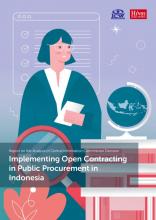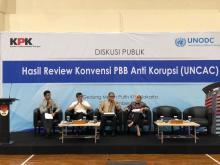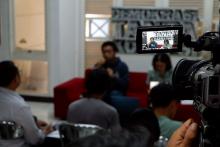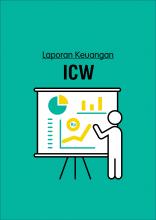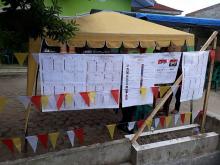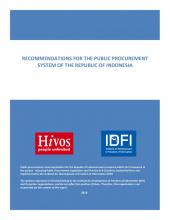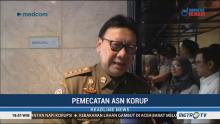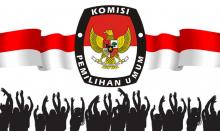Indonesia already has a Law on Public Information Disclosure Number 14 of 2008 which provides everyone the right to access information managed by the government. This law also requires the government to be transparent and to publish their information.
We, the undersigning civil society organisations, have been monitoring developments in Indonesia regarding the revision of the law governing Indonesia’s anti-corruption agency, the Corruption Eradication Commission or locally known as Komisi Pemberantasan Korupsi (KPK).
We share the grave concerns of Indonesia’s leading civil society corruption watchdog groups regarding the implications of recent amendments to the KPK law, which endanger the anti-corruption agency’s independence and undermine its ability to effectively prevent, investigate and prosecute corruption.
Recommendations
Introduction
Corruption and economic inequality are like a vicious circle. Both have a significant impact on each other. Unfortunately, growing discourse on corruption and its eradication rarely mention economic inequality as a crucial issue.
Indonesia Corruption Watch recorded 454 corruption cases in 2018. A survey by Transparency International in 2018 ranked Indonesia 89th on the corruption perception index, much worse than neighboring countries such as Malaysia ( 61 ), Singapore (3) and Brunei Darussalam ( 31 ).
On 13 September 2018 the Ministry of Home Affairs, the Ministry of Administrative Reform and Bureaucratic Reform, and the National Civil Service Agency (BKN) issued a Joint Decree (SKB) regarding the dismissal of civil servants (PNS) who were caught of corruption. The decree is a follow-up to the discussion between the three institutions and the Corruption Eradication Commission (KPK) on 4 September 2018.
The quality of the general elections is determined by quality of the organizers. This is what the General Elections Commission (KPU) has been doing since last year to prepare for the 2019 elections. The 2019 elections is the first elections held simultaneously to elect the president and vice-president, along with legislative members.


